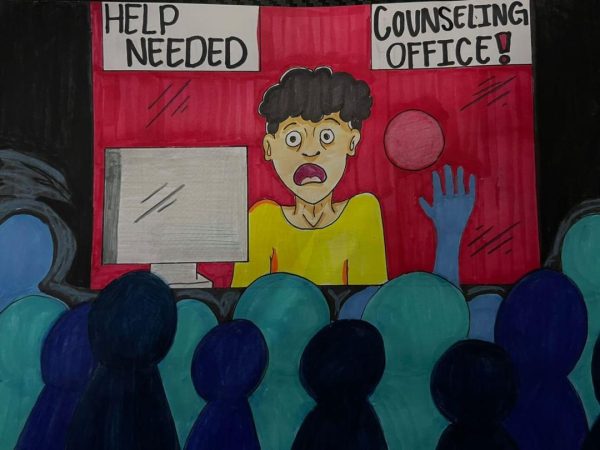Are attack ads necessary? YES
Don’t ban attack ads from being aired for any reason.
As the race for the presidency continues and candidates run around trying to sway potential voters, there are certain groups who launch ads attacking candidates, making them seem unfit for the role as president.
The recent controversy over such ads has made President George W. Bush speak out against them and even asked Massachusetts Senator and Democratic presidential candidate John Kerry to do the same.
But to ban such ads would be wrong. These ads are simply the views of certain groups supporting a certain candidate.
Attack ads, also known as 527’s, are named after a federal provision that allows organizations to be tax exempt, allowing them to accept unlimited donations to finance these ads.
Campaigning has always played a major role in this nation’s political races.
Whether it is the Democrats, Republicans or Independents, there are always people supporting a candidate, telling others to do the same. So why is it a bad idea to air attack ads?
If attack ads are to be banned, then so should candidate speeches. There is no difference between a candidate’s speech and an attack ad.
Candidates speak to the masses trying to convince their audience why they are more qualified for the job than their opponent.
They attack their opponents by criticizing the policies they adopt or by bashing anything the opposition has done in the past. Speeches aren’t that different from attack ads.
Just like in speeches, attack ads must contain facts and not lies.
If a lie were to be found in an attack ad, the media would immediately catch it, discrediting whoever paid for the ad.
As long as the information in the ad is true, then there should be no reason to ban it.
The only thing attack ads do is tell the voters whom to support.
So instead of banning attack ads, someone should screen them so that the information being displayed is accurate.
The only problem that might arise with attack ads is that viewers might make a false inference with respect to what they have seen.
For instance, an attack ad that illustrates how a criminal was pardoned and released from prison by a former state governor might make the viewer assume that the candidate is weak on crime.
However, the ad might not show that new evidence was used to prove the prisoner was innocent and that’s why he or she was released.
Clearly, that would be a false inference, but it is not the job of the ad to show both sides of the argument.
Voters are responsible for the decisions they make and should, therefore, verify all the information they come across before making a decision.
Lies in the attack ads are not the problem when it comes to voting. The problem is the irresponsible voters who decide to vote based on a television commercial.
Maybe it would be better if the nation got rid of irresponsible voters.
It’s completely wrong that the vote of a couch potato, who never does any research on an issue or candidate, can be worth the same as a vote from a person who studies each candidate before casting a vote. That is the problem, not the attack ads.
Groups who sponsor and air such ads have a constitutional right to do so as long as they aren’t spreading lies.
If an ad was to illustrate false information it would immediately discredit whoever sponsored the ad. People can call them cheap shots, dirty campaigning or anything they want. The fact is that attack ads aren’t different from a candidate’s speech; both try to encourage people to vote a certain way and both are a big part of campaigning to get elected for office.






